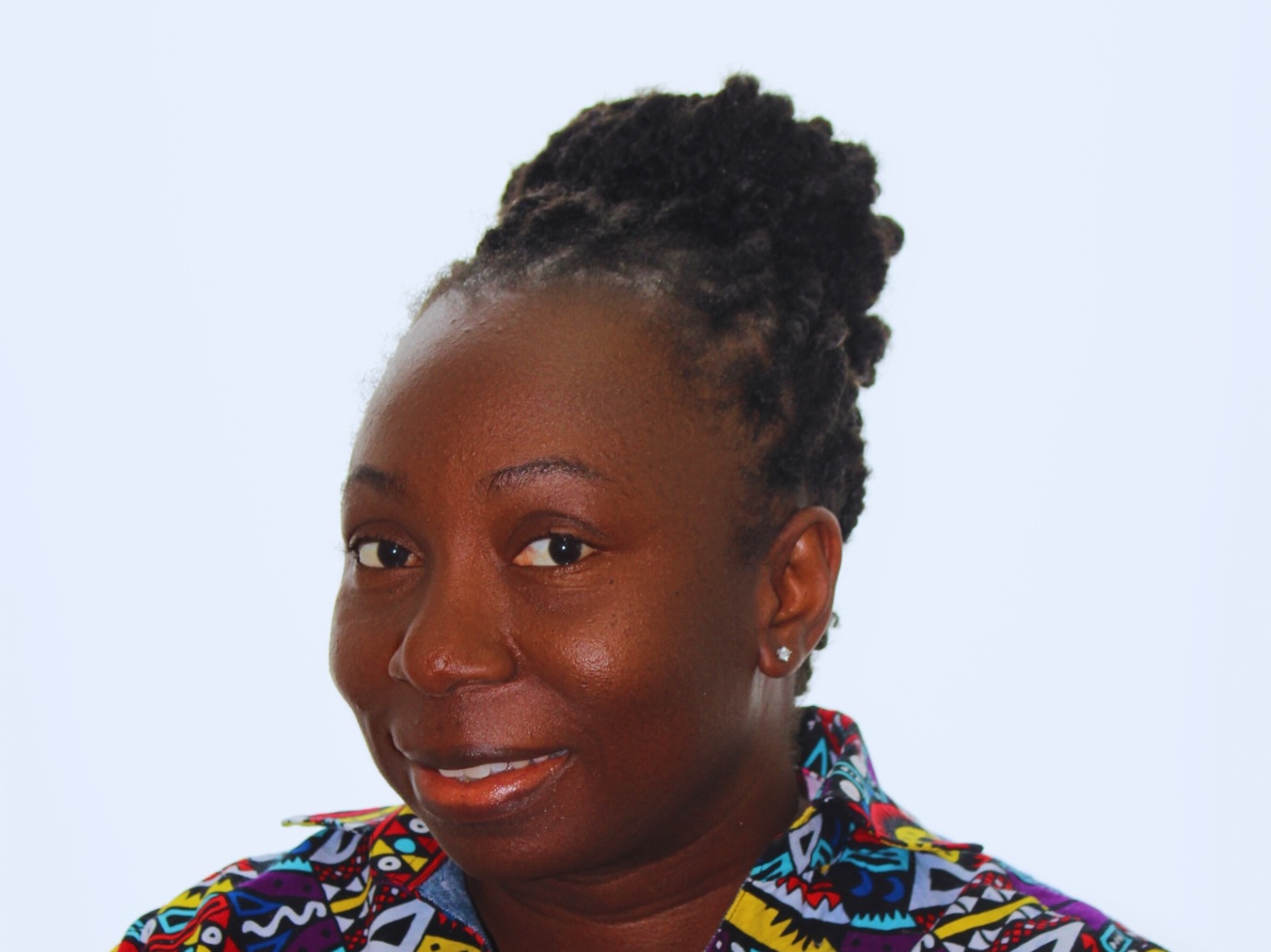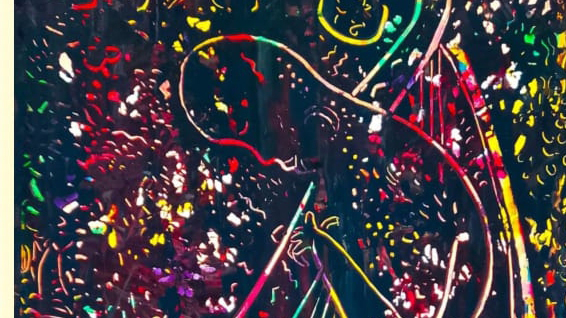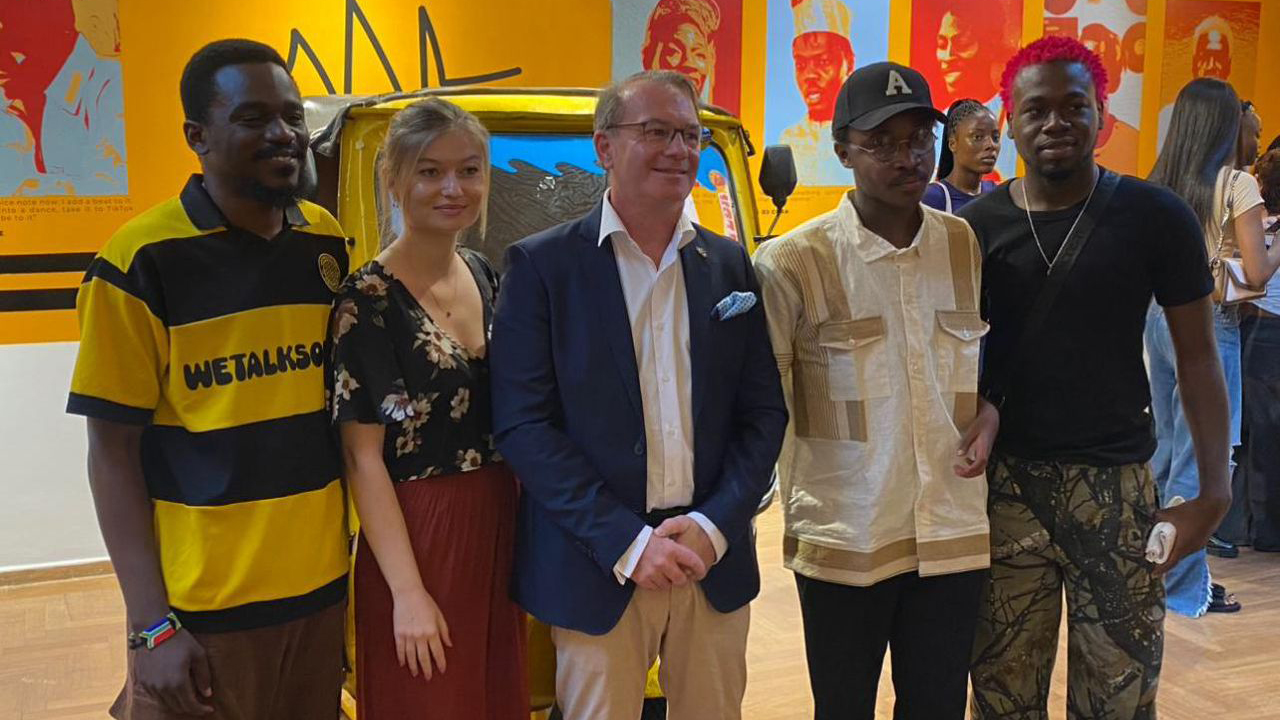
“Her opinions were mostly straightforward – No cheating, no lying, I loved her for that,” said Tee Mac Iseli, Nigerian musician and former president of Performing Musicians Association of Nigeria.
Director of the Wole Soyinka International Cultural Exchange (WSICE), Dr. Teju Kareem, summarises the gift of Onyeka Onwenu to Nigeria, and void her passing away, creates collective consciousness as Nigerians.
“There is something about the lyrics and rhythm that permeates and calls on your nationalistic essence. It doesn’t come flimsily to you. She sings truthfully to issues. These truths are opened up to you as you listen, and her songs transcended entertainment and pleasure to inspiring trust in her words. There is also something to be said about her decorum. As show-woman and fashionista, you also saw a sophisticated sense of decorum,” Kareem said.
The death of Onwenu, whose career spanned over four decades and was referred to as ‘elegant’, sent shockwaves across the country and the Nigerian diaspora.
However, “she will surely not be forgotten – at least not in a hurry,” Kareem affirmed, “because WSICE, Bournemouth University, UK; Kwame Nkrumah University of Science and Technology (KNUST), Ghana, Lanka Cine Media, Sri Lanka and the University of the Liberal Arts, Bangladesh; have partnered to immortalise the artist-activist essence of Onwenu in the academic discourse of (African) Womanist studies.”
This academia-industry project on Onwenu conceptualised by Dr. Samantha Iwowo, who is a principal lecturer at the Bournemouth University (BU), sits within the broader research network, titled, ‘Developing a Media Decolonial Imaginary (DMDI)’ and is led by Iwowo and Prof. Charles Ofosu Marfo, Provost of the College of Humanities and Social Sciences, KNUST University Ghana.
DMDI comprises interdisciplinary scholars, activists and artists drawn from the Global South and Global North.
As part of its recent artistic showcase held November 28 and 29 in London, and titled, The Artist as Public Intellectual: Bringing Rememory and Sankofa to Imagined Futures of Ethical Transnational Media Collaborations, the DMDI dedicated a panel “Futures of Womanism” to an objective of expanding gender studies, specifically Womanism, by studying the contributions of Onwenu’s identity and body of work, as enunciations of African womanism.
In highlighting the relevance of Onwenu to research and scholarship, Iwowo stated, “the African woman can simultaneously be an activist, successful industry professional, sister, daughter, friend, lover and or spouse, mother, community leader, as well as devotee to some spiritual/religious worldviews. However, this spiritual aspect of her agency and identity remains insufficiently acknowledged in feminist studies. But evidence abounds, and Onwenu is clearly one.”
Iwowo drove home her point when she said, “Onwenu was an activist, musician, actress, mother, mentor, spouse, sister, an Igbo leader, journalist, politician, and Christian. This rich identity is profoundly interesting, especially also because it merges two often-opposing worldviews – Christianity on the one hand and on the other Igbo traditional values, as well a decolonial consciousness. In studying her in this light, therefore, we have inaugurated a research and pedagogical space for Onwenu in womanist discourse. We are also by implication offering new exemplars of how African cultures define womanhood from their worldviews.”
A visiting fellow at Bournemouth University and an organiser of the Womanist panel, Dr. Morountodun Joseph, emphasised how this conceptualisation of Onwenu as a womanist was explored in the discussions.
She said, “New Notions of Africana Womanism” examines the life and legacy of music icon and activist Onwenu, with a particular focus on her womanist identity—an aspect that has received limited scholarly attention. Through this lens, the panel sought to highlight Onwenu’s unique positioning at the intersection of cultural preservation and progressive advocacy.
As Professor Akachi Ezeigbo, a panellist, aptly argued, Onwenu “was seeded in culture and tradition as a true womanist, but at the same time was conscious of the need to promote positive modernisation of the entire Nigeria for the purpose of unity, progress, justice and development for the whole country.”
The panel, co-chaired by Prof. Oluyinka Esan of Caleb University, Nigeria and Dr. Christa van Raalte of Bournemouth University, uniquely combined music listening to research paper presentations.
For a conference, this idea was sophisticated and inclusive to audiences beyond academic community and its language. However, owing to respect for copyright, only in-person attendees could listen to the songs.
Speaking on the panel’s interest in expanding concepts in gender studies, Dr. Raalte states, “as someone brought up and educated in Western feminism, I have found Africana Womanism to offer a fascinating counterpoint. I think there is much Western feminists can learn from the alternative perspective it brings.”
Reflecting on the late artist, Prof. Esan opines, “With her art, Onwenu loomed large as a public intellectual. Her works spoke for a more equitable and responsible society. Although she was appreciated in her lifetime, she has been re-discovered in her death by new cohorts of people. The comments made on her musical videos on YouTube attest to an amazon who was clearly well loved. She was a distinct patch in the fabric of the childhood experienced by a generation of Nigerian youth.”
Presentations were made by celebrated Nigerian music artist, Dr. Tee Mac Omatshola Iseli, Professor Akachi Ezeigbo of Alex Ekwueme University and Professor Omofolabi Ajayi-Soyinka, Universiry of Kansas and Keitu Gwangwa.
Gwangwa is curator, activist, and Chief Coordinator of Library of Things We Forgot to Remember, South Africa; she is also the daughter of South African legendary artist, Jonas Gwangwa.
Tee Mac, as he is popularly called, visited memories of the artist whom he fondly called ‘Onyeka’, praising her eloquence, vocal range, ambition, integrity and style. The two met in 1982 while he was running The Tee-Mac Show, a weekly musical programme on the Nigerian National Television Authority (NTA). At the time, Onyeka was also working at NTA.
“She had a very pleasant voice” Tee-Mac recalls, “We did a couple of episodes where she came in and did one or two songs alone. I remember in one episode, I sang a song with her titled, ‘The Closer I Get to You…’, it was beautiful. I think that was one of the best duets I had on my two-year television programme.”
Tee Mac also spoke of Onwenu’s formidable persona in the Nigerian music industry, especially around fostering equity and transparency. “She was mostly right,” he reminisced, “because her opinions were mostly straightforward – no cheating, no lying, and I loved her for that.”
As part of her presentation titled, Social Transformation and Reorientation: Onyeka Onwenu’s Womanist Interventions in Songs, Prof. Ezeigbo, in-between music listening, noted that Onwenu was a “consummate womanist” going by her songs, film performances, political career, advocacy for communal love, collective development of citizens, social change and cultural preservation.
Ezeigbo argued: “Her vision was to mobilise the people for positive change, transform society and redirect African men and women to use the knowledge of the past to reconfigure the present and shape the future for the purpose of cultural and moral rejuvenation and socio-political development. She accomplished much of this task through her songs and words and through rekindling peoples’ interest in folk culture, folk songs and rememroy of culture – especially Igbo culture.”
Ezeigbo is correct. Onwenu loved Nigeria deeply even when it was difficult for her to do. A child of the Nigerian-Biafran war whose family lost their Port Harcourt home to this, Onwenu would summon strength to revisit these memories, and from them preach unity, responsibility, and progress as pathways for Nigeria’s greatness. And when she spoke these words in art, Nigeria listened.
Kareem confessed, “as we grew up listening to her songs, due to this patriotic trust she inspired, if she asked us in her songs to dance, we danced. If she asked us to reflect, we reflected; if she cautioned, we listened.”
He added, “Onyeka was also not a push-aside. She held her own. On stage she was comparable to any of her Western contemporaries. If we picked Onyeka and Tina Turner for instance, and spoke of Turner’s charming performance, we would see comparable power in the elegance of Onyeka’s performance.”
About not being a push-aside, Prof. Ajayi-Soyinka’s paper, You cannot clap with one hand, echoes this as it summarised Onwenu’s entrance into the Nigerian music scene in the 1970s: “Her contribution to the Nigerian musical scene was refreshingly different in a number of regards. First, she was a woman, a newcomer among well-established artists. Onyeka not only carved out a space, she owned it! And she kept expanding it, filling it with a rich assortment of delectables that motivated and kept her audience close, giving her staying power.”
Prof. Ajayi-Soyinka revealed that Onwenu retained the indigenous audience while appealing to new audiences nationwide.
In placing this developing discourse of Onwenu in broader contexts, Chisom Ifeakandu’s documentary, The Queen (2024), as well as presentations by Gwangwa, and Dr. Vanessa Iwowo, a senior fellow at London School of Economics and Senior Lecturer at Birkbeck University of London, invited the audience to explore concepts of musical activism, the power and necessity of a decolonial approach to knowledge construction such as that which the panel discussions were exploring with attention to late Onwenu.
Ifeakandu’s film, an Al Jazeerah commissioned piece, celebrates the enduring culture of African Womanism through the life of Her Royal Majesty Obi Martha Dunkwu, Queen-Mother of Anioma, who sat on the 822-year-old throne of her female ancestors for 20 years until her death in February 2024.
In celebrating this female-led leadership system in Nigeria, the director lays credence to ancient womanist agencies of Africa, which it argues was disrupted by colonialism.
Then, Gwangwa, through her topic, “Kukude Lapho Sivela Khona (We’ve Come from Far)”, a homage to her father’s song of the same title, unpicked the power of artists as public intellectuals: “Artists know how to stir melancholy, and inspire rage and coax compassion and ease grief and if you close your eyes if you may and touch, feel, hear, listen, resonate, you won’t need to understand what the words are saying but you would experience difficulty not being moved.”
In highlighting the power of artist-activism and how it inspires her career as a social-justice activist, Gwangwa drew on her father’s anti-apartheid movements, not forgetting his participation in Nigeria’s FESTAC ’77 African-arts celebration, in the heat of South-Africa’s apartheid regime.
Dr. Vanessa Iwowo, in arguing for the recognition of decolonial thought from which African womanist discourse of Onwenu springs, alerted to how legacies of colonial knowledge-making systems tend to deprioritise the subjectivities of indigenous knowledge systems: “Indigenous Knowledge means to identify with a given locality or area, identity or process – location-bound – and signifying the cultural experiences of the referent people. What this suggests is that indigenous knowledge is therefore embedded in the experiences of indigenous people.”
Vannesa stated, “the people who are native to a place and who can more aptly provide an authentic account of social phenomena in that place are the same people who make choices of the environment they live in – an environment that for centuries has sustained them, providing them with food, water, medicine and other natural resources. And in light of their perceptions, interactions and experiences, they therefore know what valuable knowledge to their environment is and what is not. They thus know what is useful to know and what is not useful to know about their environment. This is why the knowledge frameworks they intuitively possess cannot continue to be institutionally undermined.”
Dr. Samantha Iwowo remarked on behalf of DMDI network, “Onyeka Onwenu’s work exemplifies the power of art to transcend boundaries and foster meaningful dialogue. Her contributions to music and activism continue to inspire and challenge us to envision a more just and equitable world and we are glad to have been able to share with the world the life and impact of this Nigerian icon.
“The DMDI knowledge-exchange events continue to be a pivotal platform for discussions on decolonial thought and the role of media in shaping ethical narratives. The panel dedicated to Onyeka Onwenu was a testament to her enduring legacy and the power of art in driving social change.






